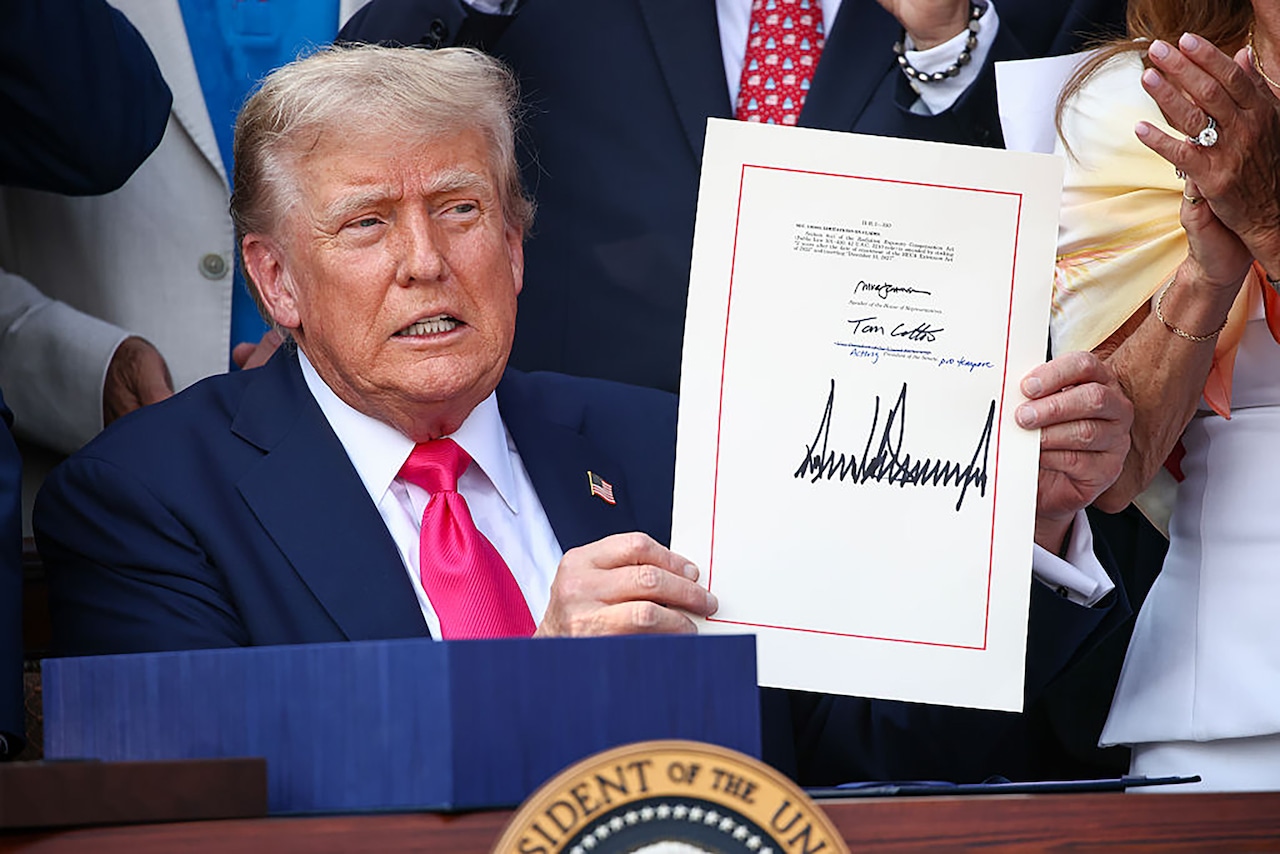Gov. Josh Shapiro hasn’t made a decision yet on opting Pennsylvania into a new federal tax credit for private school scholarships, one that could add a new layer to the state’s ongoing school choice debate.
The administration “is reviewing potential impacts of the new federal school tax credit provision,” Shapiro press secretary Manuel Bonder said, and is “awaiting additional federal guidance” that is expected in the coming months.
The credit becomes available for the 2027 tax year in states that choose to participate, and is conceptually similar to Pennsylvania’s own Educational Improvement Tax Credit (EITC), which has been the subject of political wrangling since it was first created in 2001.
The core issue for both the state and potential federal credits is whether one believes you should get a tax break for donating to foundations that pay for private K-12 schooling.
Proponents of the “school choice” concept argue that the tax credits allow students to escape struggling public schools and go somewhere that better suits their needs; opponents argue that the tax credits drain public funds that could be spent on improving public schools instead of pushing students toward less-accountable private institutions.
“I am a firm believer in the importance of school choice to support families finding the best learning environment that suits their child’s individualized educational needs,” state Senate Appropriations Chair Scott Martin, R-Lancaster County, said in an email.
“Pennsylvania’s EITC program has been tremendously successful in helping families achieve this goal,” Martin continued, “and we will continue to advocate solutions to ensure the best opportunities for the children of this Commonwealth as we await further guidance on this federal program that we expect to receive at the end of 2025 or the beginning of 2026.”
Buried within the nearly 1,000-page federal budget deal signed by President Donald Trump earlier this month is a provision creating a tax credit that will allow individuals to knock up to $1,700 off their tax liability if they make dollar-for-dollar donations to groups that fund scholarships to private K-12 schools.
This mechanism is the same as Pennsylvania’s EITC, with the core difference being that EITC is a credit on state taxes and applies to businesses that donate scholarship funds, not personal income tax filers.
The new federal provision requires governors – or another agency tasked under state law – to opt their state into the credit by providing the federal government with a list of approved scholarship organizations that their state’s residents can donate to. Being a credit for federal taxes, the new program would not incur a direct cost to Pennsylvania in terms of lost state tax revenue.
Pennsylvania has routinely increased the dollar limit on EITC over the past two decades, with Martin and other school choice proponents successfully negotiating to raise the cap in successive budgets. Last year’s state spending plan allows for $540 million in EITC credits to be handed out, and the new federal credit would be a way for Pennsylvania to effectively further increase the incentive for K-12 scholarship donations with no budgetary impact to the state.
Shapiro is not alone in taking a wait-and-see approach. Maryland Governor Wes Moore, a fellow Democrat, similarly told the Baltimore Sun last week that he was still evaluating the program.
The staunchest supporters of EITC and other school choice initiatives tend to be Republicans and conservative or libertarian-leaning groups, several of which have already begun putting pressure on states to embrace the new federal tax credit.
Opponents are more likely to be Democrats and public education advocates who argue that – even if the new federal tax credit comes at no cost to the states – it will still serve to cement a two-tiered system where students who aren’t accepted to private schools are left behind.
Shapiro has been comparatively friendly to school choice, and is one of the few Democrats to endorse the idea of sending taxpayer money directly to private schools through a voucher program for low-income students — although an attempt to do this in Pennsylvania almost derailed Shapiro’s first budget after Democratic legislators balked at the deal.


